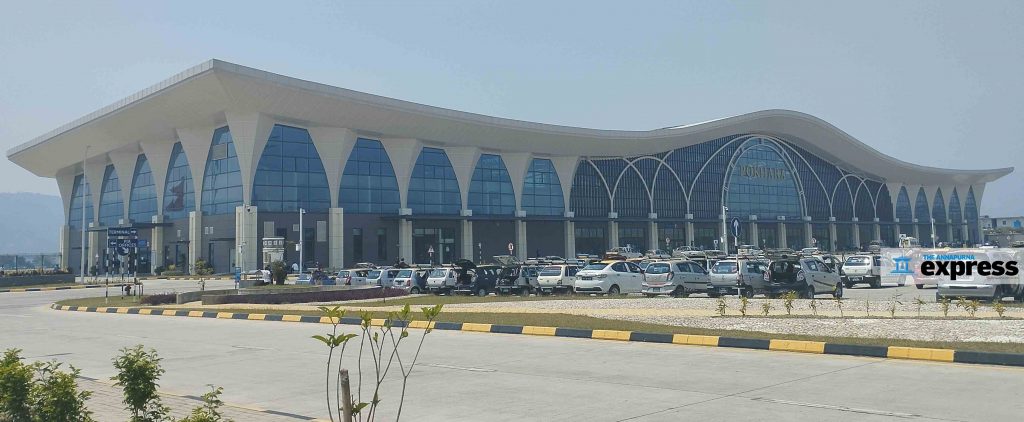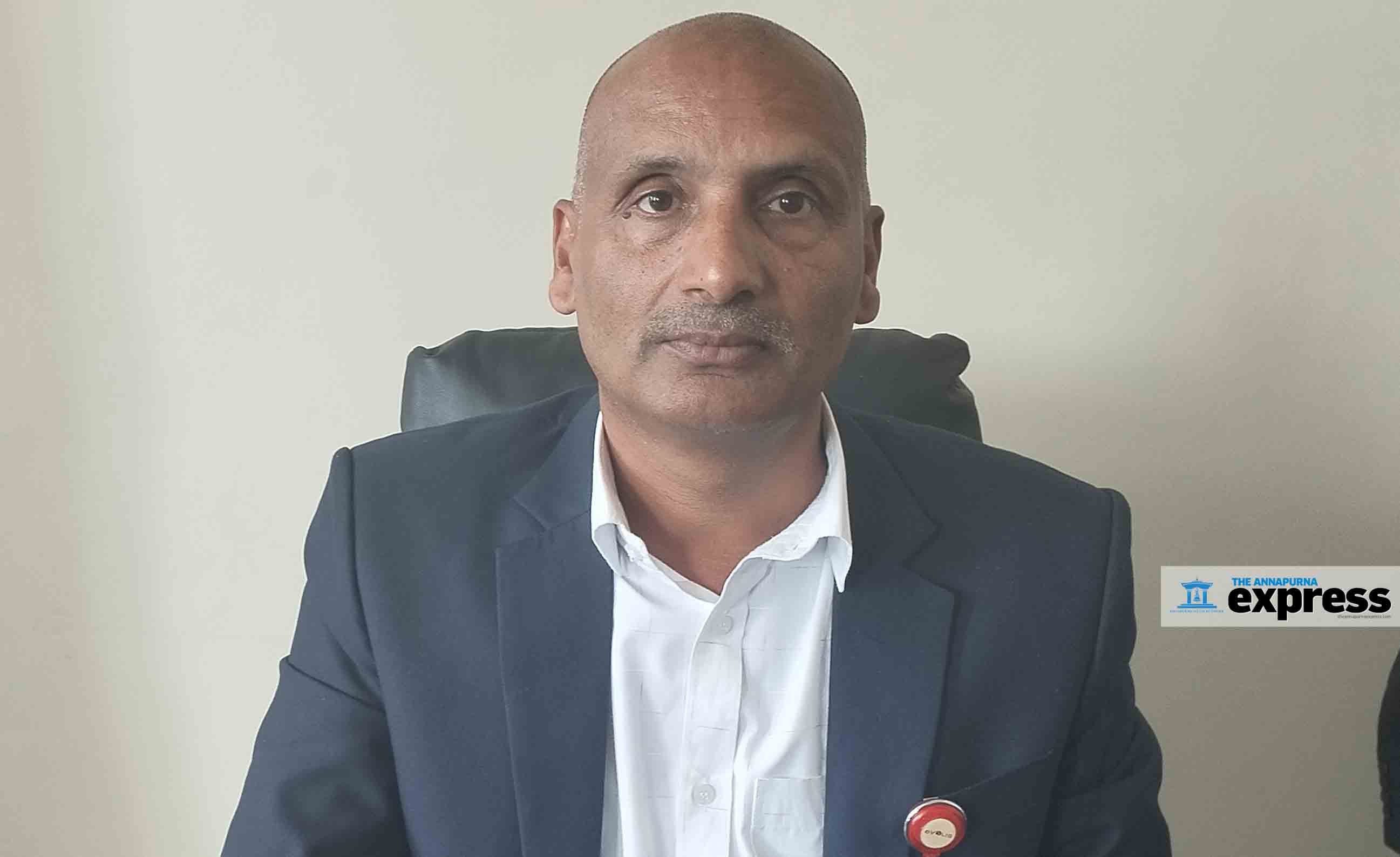The Pokhara International Airport (PIA) was inaugurated on 1 January 2023 by Prime Minister Pushpa Kamal Dahal amid much fanfare. However, the business of the third international airport in Nepal has not been as expected since its inception which has put a question mark on the viability of the new airport. Critics argue that the airport is a debt trap project as it was constructed with a $215m loan from China’s Exim Bank in 2017 and not a single international flight has been operated from the airport ever since its inauguration.
Pratik Ghimire of ApEx sat down with Bikram Raj Gautam, Chief of PIA to talk about the business the airport is up to. Excerpts:
Can PIA make a good business?
Definitely. We have a target market. We can target the Indian and Chinese markets as many tourists from our neighboring countries visit Nepal and many of them come to Pokhara. Also, we can target Nepalis who are in the Gulf countries for employment. We can also connect to the United States, Australia, the United Kingdom, and other countries where Nepali students go for higher studies. Data shows that around 40 percent of tourists who visit Nepal come to Pokhara. We have the opportunity to connect them directly to Pokhara. So, there is no question about the viability of PIA. I have spent around 26 months in this airport, and with my experience and research, I can say that there is enough space for business.
On the last World Tourism Day, we invited representatives of many international airlines operating in Nepal. We’ve found that they are positive about the opportunities and possibilities of PIA. They are also doing their part of the homework and research for their operation from PIA.
It’s not that nothing has happened. It is natural for entrepreneurs to look for someone who can initiate operations in new business and others will jump by analyzing the initiation. The same thing is happening here. Moreover, a business is an environment. To run it smoothly, every small thing matters. From the legal policy to the behavior of flight attendants, everything matters to help PIA run smoothly.
Each of us should take ownership of this airport as it will help to boost the regional and national economy. Everyone should contribute to the maximum utilization of this airport.
Has there been enough lobbying to run this airport?
Yes. All tiers of the government have been doing as much as they can. All other stakeholders concerned are also doing whatever they can do from their levels. But what I have felt is, we have to be united and have the same voice regarding the PIA, and then only the result will come. For example, the private sector and government should share their plans and problems with each other and should work together.
Also, nothing is more effective than word-of-mouth promotion. For instance, for my foreign friend, my recommendation to visit Nepal is more effective than any kind of other promotional or advertising material. So, we should keep up to support PIA in these ways. 
Critics say that the loan that Nepal received to develop PIA can actually turn into a debt trap for the country. How do you view this argument?
The construction of this airport cost around Rs 22bn. We won’t be able to make a profit instantly as it is a long-term investment. The profit of PIA should not only be calculated in terms of the airport’s earnings. But rather we should see how much help the airport provides in terms of services to passengers, small and large-scale tourism businesses and the development of Pokhara city, among other factors.
We provide domestic flight service from this airport for 18 hours a day. Around 3,000 passengers are getting services from here daily. From the domestic operation, we earn around Rs 300m annually. And as soon as we start a few international flights, we can easily earn Rs 1bn annually. So, the development of PIA is not a ‘debt trap’. The Civil Aviation Authority of Nepal (CAAN) also analyzes our business.
There have been issues with birds. Is the airport technically in a safe location?
Pokhara is home to a lot of bird species. Among them, there are around 108 bird species around the PIA vicinity. We can’t imagine the sky without birds. It’s a part of nature and the same thing applies in all the airports across the globe. This issue is not with us only. We have to ensure that the planes fly at a distance from birds.
We are doing our best in this regard. From regular patrolling to using scaring devices, reflectors and trimming grasses, we have been doing everything at our disposal. I think not many airports in the world use better systems for the management of birds like us. Since the start of the operation of the airport, the activities of birds have significantly reduced. However, we can’t have skies free of birds.
How do you ensure that PIA is among the technologically best airports in Nepal?
We have been using top-notch technology and equipment that an international airport needs to have. There has been no compromise in this respect. For example, we have Instrument Landing System technology in PIA that no airport in Nepal has used. The Gautam Buddha International Airport has this technology too, but they haven’t used it yet. Similarly, we have many other similar technologies with international standards.
Then why is the public negative about the airport?
It’s all due to sentiment. Initially, everyone was positive about this project. Not only the ordinary people but also the private sector, media, and all stakeholders supported us. But after the recent plane crash of Yeti Air, everyone started having second thoughts about the airport. Yet, there was no issue on our side. All of our technology, equipment and system are in perfect condition. Soon after the inauguration of the airport, people saw the crash near the airport which affected their sentiments to a great degree. But we are growing and everything will be better with time.
Which international airlines are in contact with PIA for flight operations?
We are in regular touch with Korean Air, Jazeera Airways, Thai Smile Airways and Fly Dubai. Yet, there is nothing agreed upon as of now.












